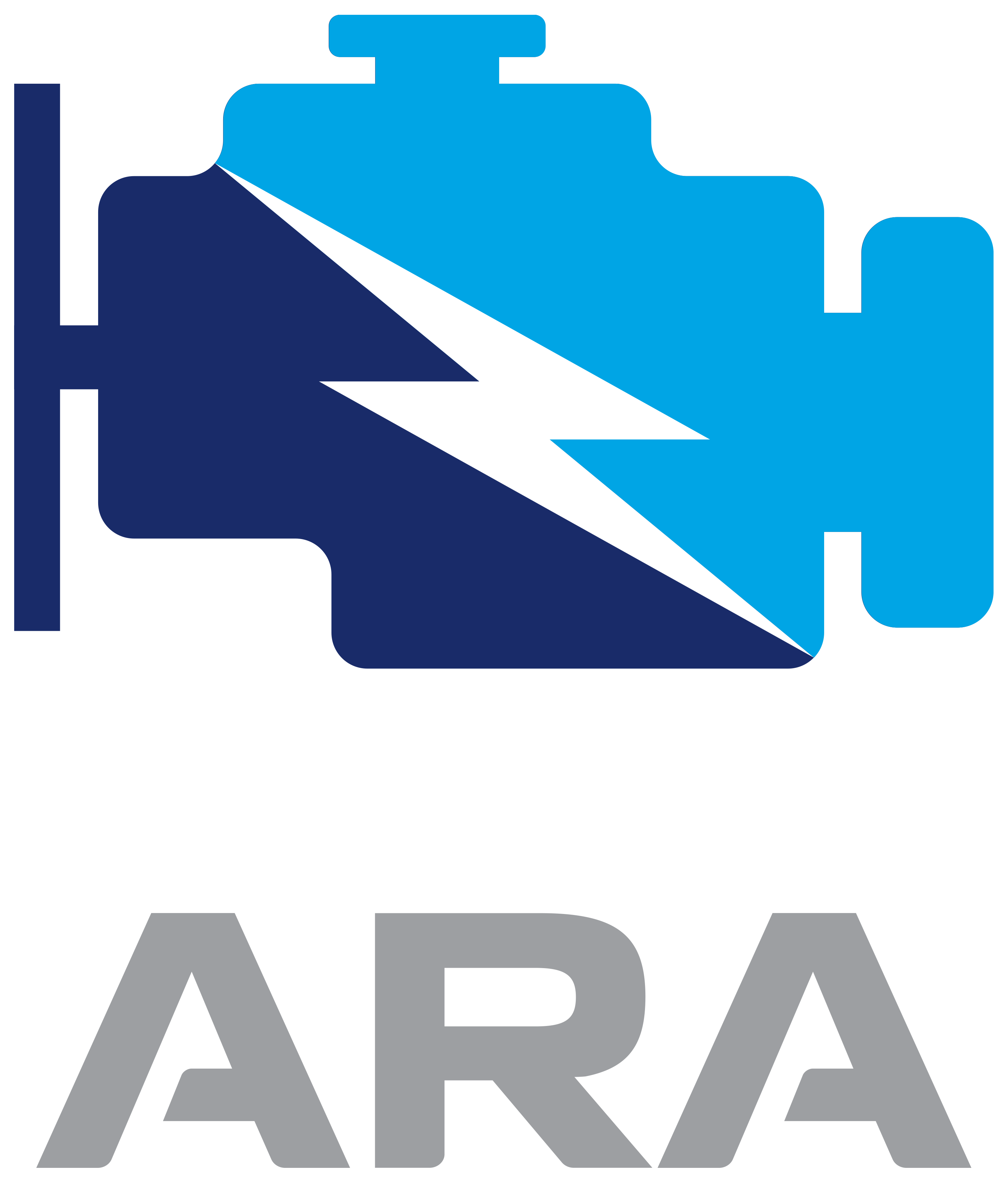|

This message contains privileged and confidential information intended only use of the addressee. If you are not the intended recipient of this message, you are hereby notified that you may not disseminate, copy or take any action based on the contents thereof; and are kindly requested to inform the sender immediately. Any views expressed in these messages are those of the individual sender, except where the sender specifically states them to be the view of the Retail Motor Industry Organisation. While every care has been taken in preparing this document, no representation, warranty or undertaking (expressed or implied) is given, and neither responsibility nor liability is accepted by any member of the Retail Motor Industry Organisation as to the accuracy of the information contained herein, or for any loss arising from reliance on it.






